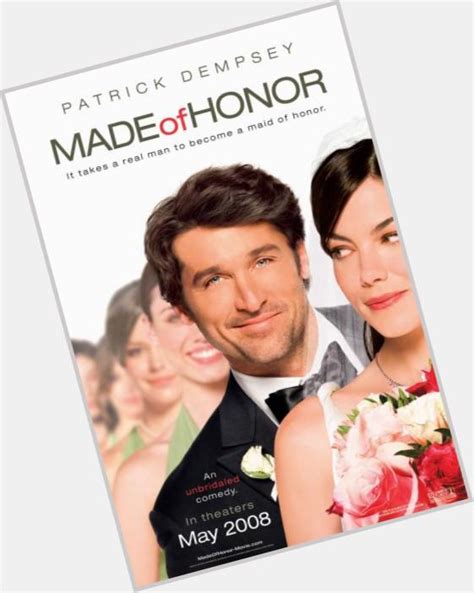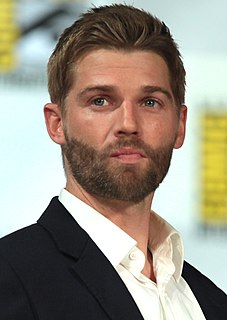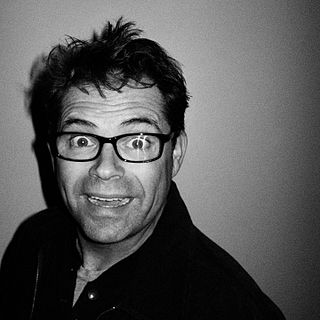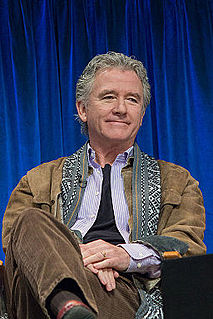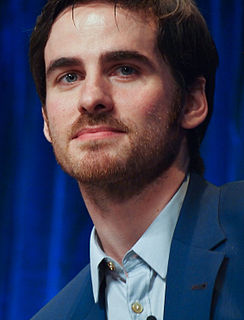A Quote by Miriam Shor
If I was going to direct an episode of 'Younger', I wanted it to look like an episode of 'Younger.'
Related Quotes
We do want the freedom to move scenes from episode to episode to episode. And we do want the freedom to move writing from episode to episode to episode, because as it starts to come in and as you start to look at it as a five-hour movie just like you would in a two-hour movie, move a scene from the first 30 minutes to maybe 50 minutes in. In a streaming series, you would now be in a different episode. It's so complicated, and we're so still using the rules that were built for episodic television that we're really trying to figure it out.
The one thing that we wanted to make sure in the pilot [of "Mary and Jane"] is that we could go everywhere. Part of the fun of them being a delivery service is that they go to different areas episode to episode. We do have an episode in the beach and there is an episode in the luxury rehab. It's all different kinds of things we are making fun of in LA.
I was talking to Shonda Rhimes the other day and I said, "I. Do. Not. Know. How. You. Do. This." While we're writing episode 10, episode 6 is shooting, episode 3 is in the edit, and episode 2 is in its color session...You've got seven episodes in different parts! It's a wild, wild, wild ride, which I thoroughly enjoyed. It was badass and amazing.
Women do it all the time to look younger and it would make perfect sense if one of them ever came out looking younger - but they don't. They just look the same; they all get plastic surgery face. No matter who they look like going in, they all come out looking like the girl from the band on 'The Muppet Show.
The last episode of Dallas was in '1991.' Unfortunately, it was a terrible episode to end the show on: it was a sort of 'It's a Wonderful Life' with Larry as the Jimmy Stewart character. In that episode, I was an ineffectual-schlep kind of brother, who got divorced three or four times and was a Las Vegas reject.
When you think of sexual liberation, which women wanted to have or not have children, which is the choice, not a command, and other kinds of things they wanted in their relationships with their husbands, or partners or what have you, became for subsequent generations some license that they themselves feel, that is absolutely demeaning and mean younger and younger and younger.
I think what people watch television for is the emotional continuity, from episode to episode, and feeling that the experience that they had, four episodes ago, has actually been building to an episode that comes later, and knowing that the characters are growing, as a result of that, and making mistakes, is really, really important to the way people connect to television.



